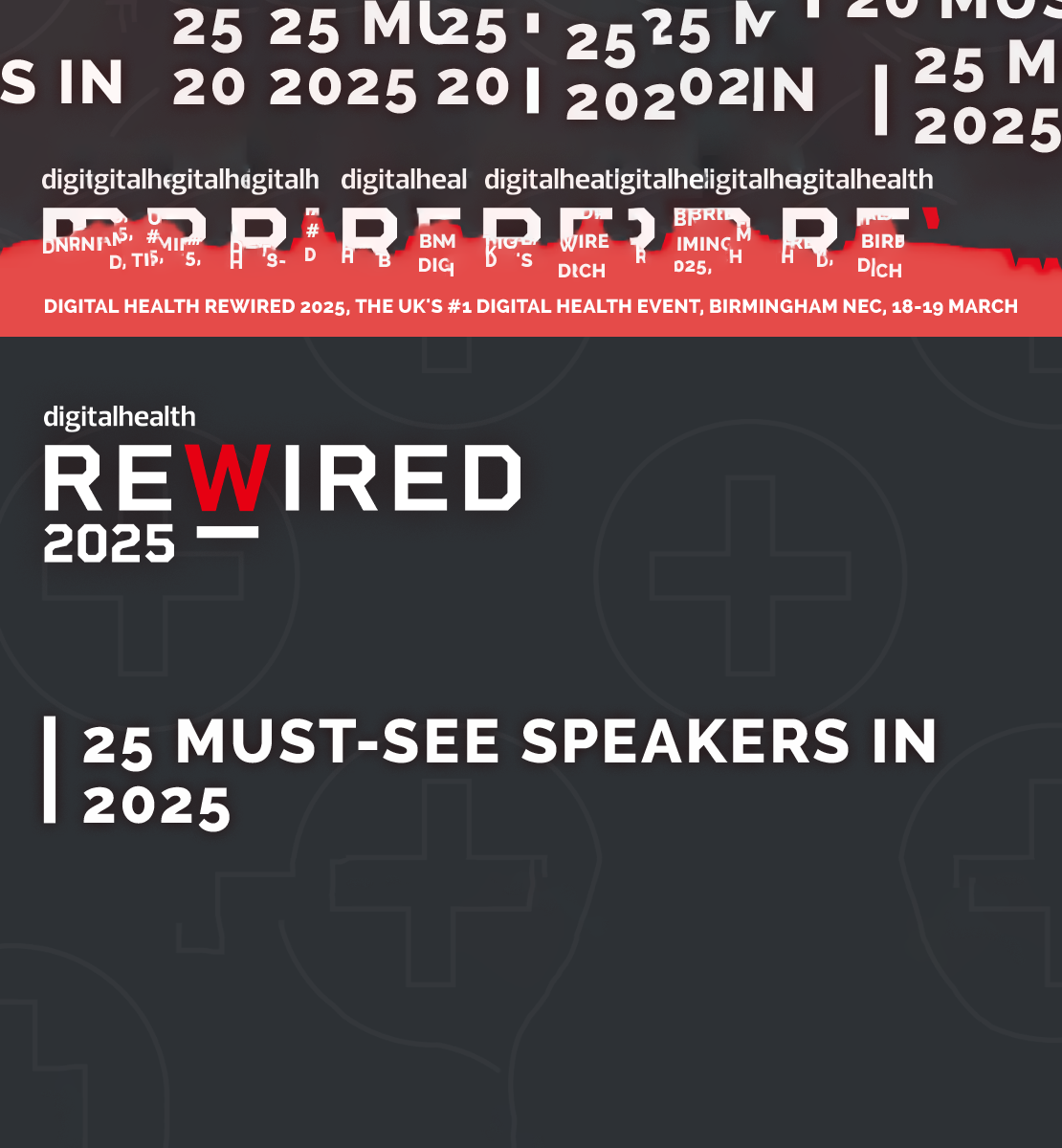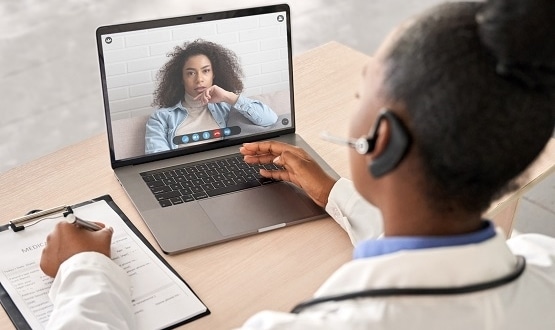Two-thirds of GPs want to prescribe assistive tech to dementia patients
- 26 September 2023

More than two-thirds (67%) of GPs in the UK would like the ability to prescribe assistive technologies to their patients when they are diagnosed with dementia, new research published today suggests.
The nationally representative poll of GPs was conducted by the Longitude Prize on Dementia, which is funded by Alzheimer’s Society and Innovate UK, and delivered by Challenge Works.
It aimed to better understand appetite amongst primary care doctors for the use of technology in helping people and families affected by dementia.
Results of the poll showed family doctors were especially keen to see new technologies designed specifically to help people living with dementia maintain their independence.
Nearly nine in 10 (88%) GPs believe that people living with dementia who can live in their own homes will live more fulfilling lives, with over three quarters (77%) believing it will help people to live longer.
However, 83% of GPs voiced frustration that their dementia patients do not receive enough support at home.
While there are some existing technologies designed for people with dementia, most focus on monitoring a person living with the condition rather than supporting them to help them maintain independence for longer through helping them continue doing day-to-day activities, a concern shared by 86% of the GPs surveyed.
Kate Lee, CEO of Alzheimer’s Society, said: “It’s encouraging that many GPs join us in seeing the huge potential that tech could bring for the 900,000 people in the UK living with dementia.
“Dementia is a progressive condition set to affect one in three people born today, so we must think more broadly about how to end the devastation it causes, by helping people manage their symptoms and stay independent for longer.
“It’s exciting that soon we may have potential new treatments that could slow the progress of Alzheimer’s disease, but alongside this we need to urgently push forward ways of helping people with dementia right now. We believe tech involving people with dementia, for people with dementia, can be a key way of doing this.”
Many GPs are already advising their dementia patients to use existing technology to manage their conditions, with 64% of family doctors recommending tech-related hacks, the poll results showed.
These could include adding simple reminders to take medications on phones and smart speakers. Results also showed that 69% of GPs say their patients with dementia are increasingly relying on technology as a memory tool, such as storing relationship details in their phone contacts.
Dame Louise Robinson, GP and professor of primary care and ageing at Newcastle University said:“GPs increasingly ‘prescribe’ non-drug interventions such as counselling and social prescribing for people living with long term conditions; technology, especially if it is used as part of a package of person-centred support, can help people with dementia live at home longer which is the ultimate goal.”
Technology to help dementia patients is becoming increasingly prominent within the NHS. At the end of 2022, Diana, Princess of Wales Hospital in Grimsby received a new machine that their dementia patients can interact with to help them recall and share memories of past events.





